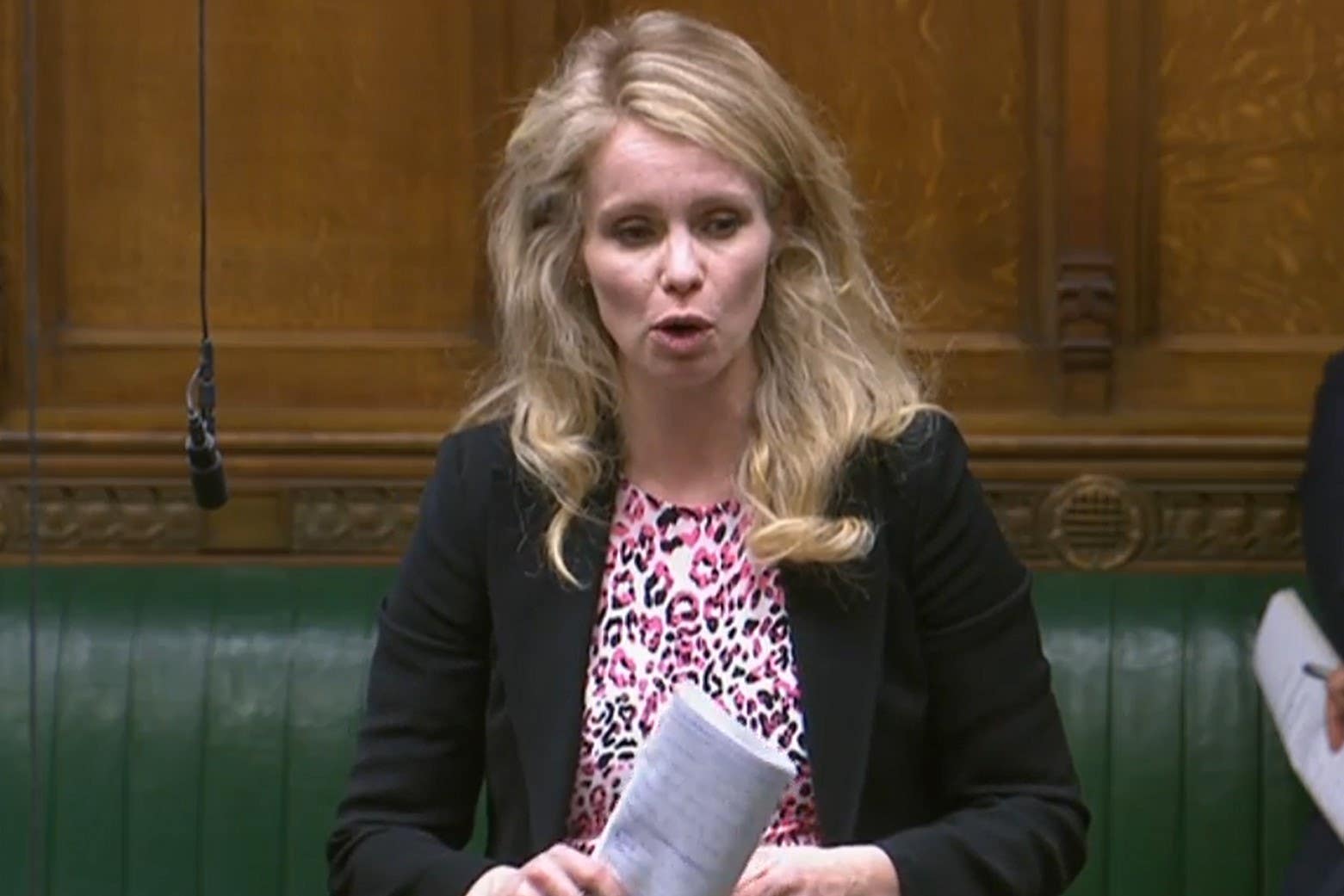MPs back plans for tougher sanctions on parents who do not pay child maintenance
The Child Support (Enforcement) Bill would strengthen the enforcement powers of the DWP to reclaim debts built up by non-paying parents.

Measures designed to improve the recovery of arrears from parents who fail to meet their obligations to pay child maintenance have cleared the Commons.
The Child Support (Enforcement) Bill, which would strengthen the enforcement powers of the Department for Work and Pensions to reclaim debts built up by non-paying parents, received an unopposed third reading.
Tory former minister Katherine Fletcher brought the proposals before MPs as the Bill’s sponsor, Conservative Siobhan Baillie, had other commitments in Stroud, her constituency.
It takes two to make a baby so unless a parent is deceased, I believe it's perfectly reasonable to expect that it should take two to pay for a baby
Ms Fletcher told the Commons: “We all know the difference child maintenance payments can make to children’s lives and it can be critical.
“This Bill is of such importance to ensure the Child Maintenance Service (CMS) can make essential improvements to processes of enforcement and get money to children more quickly.”
Conservative MP Gareth Bacon (Orpington) said: “It takes two to make a baby so unless a parent is deceased, I believe it’s perfectly reasonable to expect that it should take two to pay for a baby.”
Echoing Mr Bacon’s comments, Tory MP for Newcastle-under-Lyme Aaron Bell added: “It takes two to raise a child, it takes two to pay for it as well.
“And while sometimes I understand the struggle to afford to pay in difficult situations, and where there’s been a change in circumstance, and I will always support constituents on whichever side of the argument they are at in trying to make that case to the CMS, it is completely obvious that in some cases, parents deliberately, willingly, choose not to pay what they owe, and therefore (they are) not financially supporting their children and (are) leaving usually, of course, the mother high and dry.
“And the difference those payments made to children’s lives is critical.”
Work and pensions minister Tom Pursglove gave the Government’s backing to the Bill.
He said: “The Government is absolutely committed to improving the efficacy of the CMS and this is another significant step forward to ensuring the right action is taken at the right time.
“I know and understand why the performance of the CMS is a matter of concern for many colleagues, who as I do, regularly deal with inquiries from constituents who may feel that they have not received the level of service they believe that they and their children deserve.
“But the CMS has made and continues to make substantial improvements in the service it provides to many of our most vulnerable constituents.”
The Bill will undergo further scrutiny in the House of Lords before it can become law.
Bookmark popover
Removed from bookmarks